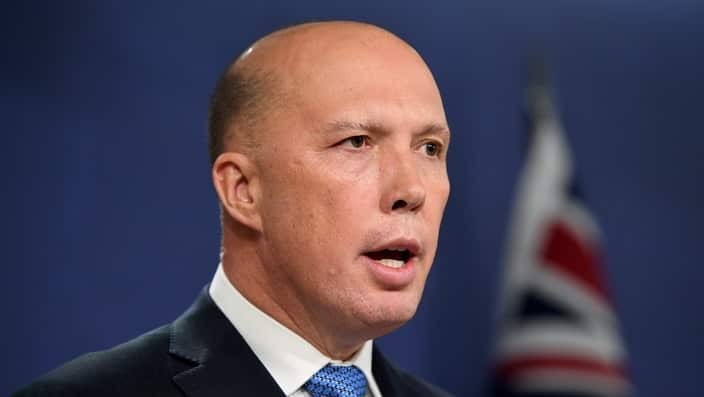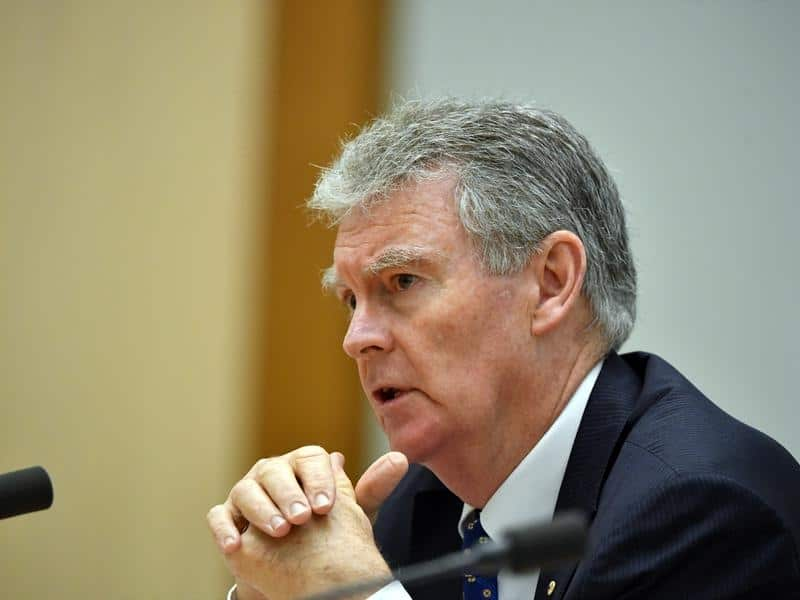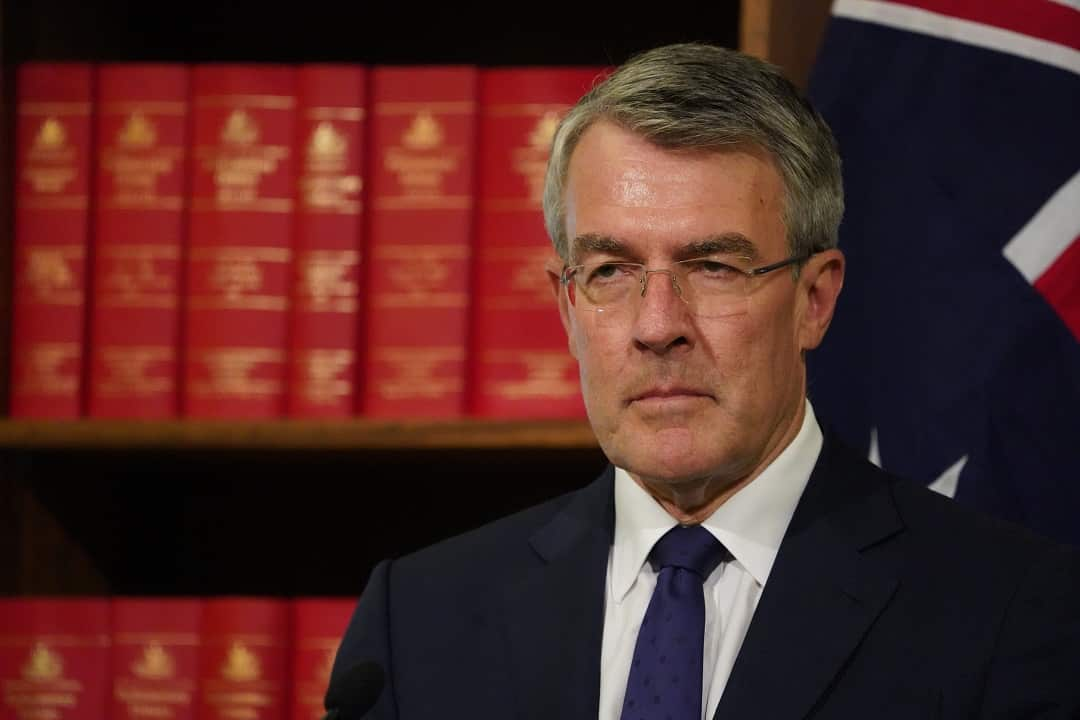Tech companies may choose to leave the Australian market to avoid being forced to install spyware on their devices and networks at the request of intelligence agencies, a lobby group for the country’s biggest firms has warned.
Speaking exclusively with SBS News, the Communications Alliance warned the Morrison government’s would see its members confronted with “difficult choices”.
The Alliance represents operating in Australia, from the largest telcos Telstra and Optus, to the National Broadband Network, to the local operations of tech giants Google and Apple.

Tech companies such as Apple could leave Australia, a lobby group representing Google and Apple has warned. Source: Pixabay
CEO John Stanton said the industry saw a “range of problems” with the legislation and said it would be a “threat to the cybersecurity of all Australians” if it was rushed through parliament this fortnight, as Prime Minister Scott Morrison has demanded.
Mr Stanton said the main concerns were with a perceived lack of oversight, and how the secrecy provisions within the 180-page bill could see companies left in the dark about government-ordered software running on their own devices.
“It's possible, for example, that an engineer in a telecommunications company could be ordered to alter the network or services to create vulnerabilities or backdoors and not be able to tell senior management about that,” Mr Stanton told SBS News.
“So the company wouldn’t know that they were operating a compromised service.
“Similarly, device manufacturers could be ordered to install spyware onto devices they're selling into Australia and not be allowed to tell the end users, or the companies selling those devices, that they had also been compromised.”
He said that could lead to security failures, because companies would not necessarily know about secret software exploits running on their services, and therefore not know how to defend them from malicious cyberattacks. “It’s very hard to counter potential threats if you're prevented from knowing that they've even been installed to your services or products. It leaves the companies in quite an invidious situation,” he said.
“It’s very hard to counter potential threats if you're prevented from knowing that they've even been installed to your services or products. It leaves the companies in quite an invidious situation,” he said.

File: Home Affairs Minister Peter Dutton Source: AAP Image/Chris Pavlich
The decryption bill is still before the powerful cross-party Intelligence committee, but the government wants its consideration to be fast-tracked so the laws can be passed by Christmas.
Duncan Lewis, head of the domestic intelligence agency ASIO, confirmed this week his officers would “ to target suspects with terror links within their current caseload.
Attorney-General Christian Porter said the laws were needed to keep Australians safe, and urged their passage before parliament rises next week. Labor's shadow Attorney-General Mark Dreyfus said the opposition would not wave through “bad laws”, and suggested Labor would insist on at least some amendments before passing the laws.
Labor's shadow Attorney-General Mark Dreyfus said the opposition would not wave through “bad laws”, and suggested Labor would insist on at least some amendments before passing the laws.

ASIO boss General Duncan Lewis says we need new laws so police can access to encrypted messages. Source: AAP
SBS News asked which parts were a sticking point for Labor, but would not “pre-empt" the Intelligence committee’s final report, which could be handed down imminently.
“Labor will not be supporting bad law,” Mr Dreyfus said. “Labor will not respond to the government's demand that the intelligence committee accelerate its processes by just waving through something that's inadequate.
“Labor will not respond to the government's demand that the intelligence committee accelerate its processes by just waving through something that's inadequate.

Shadow Attorney General Mark Dreyfus. Source: AAP
“There's a number of problems that have been identified in the committee's inquiry.”
The Intelligence committee will hold further hearings on Tuesday evening, and is still deciding whether to heed Mr Morrison’s request for a fast-track.








